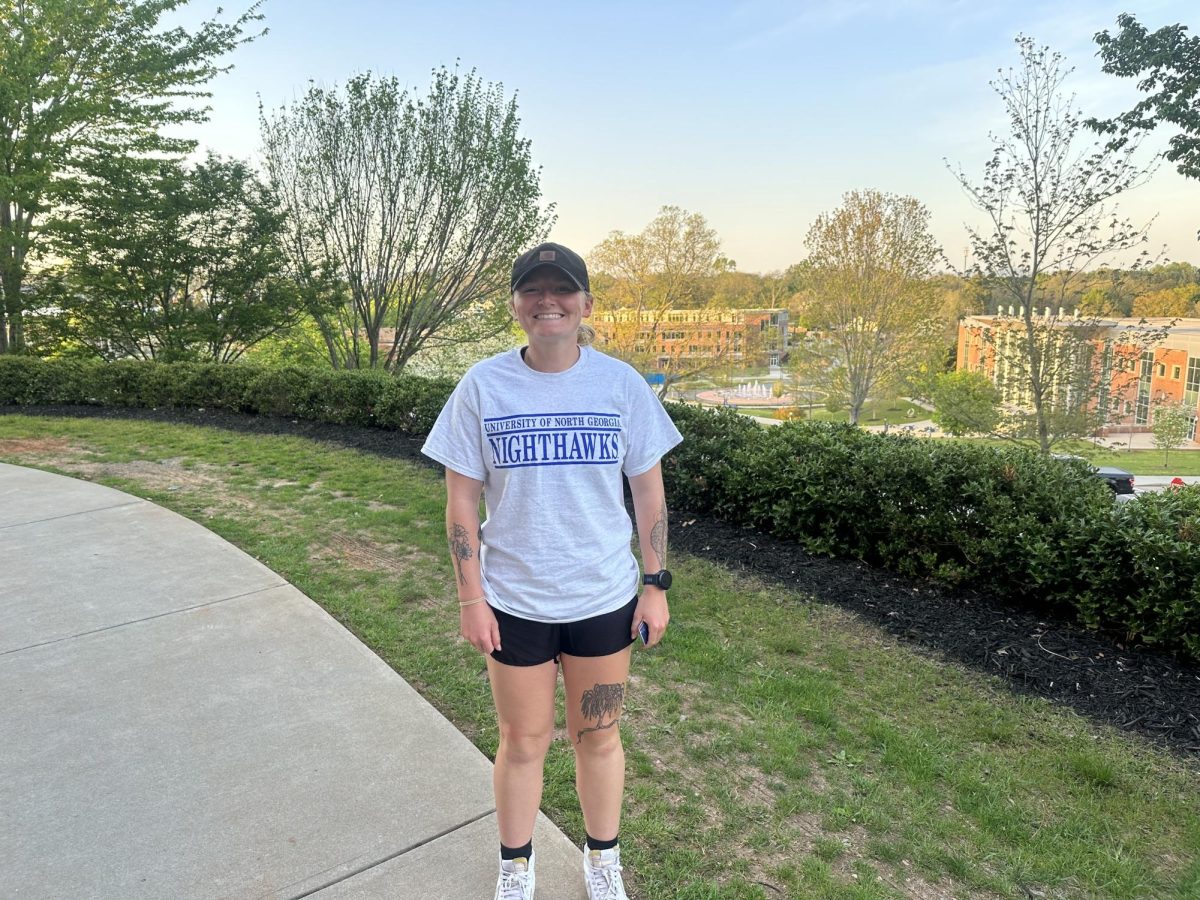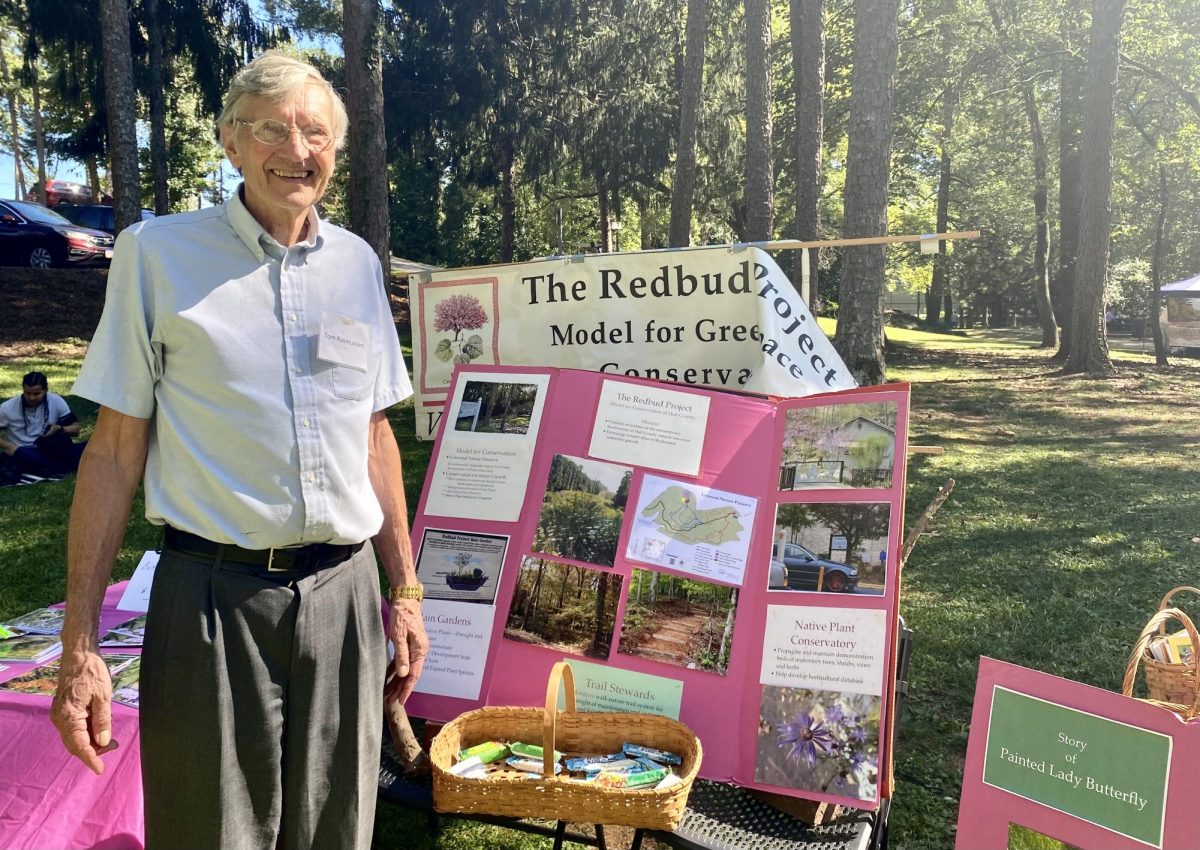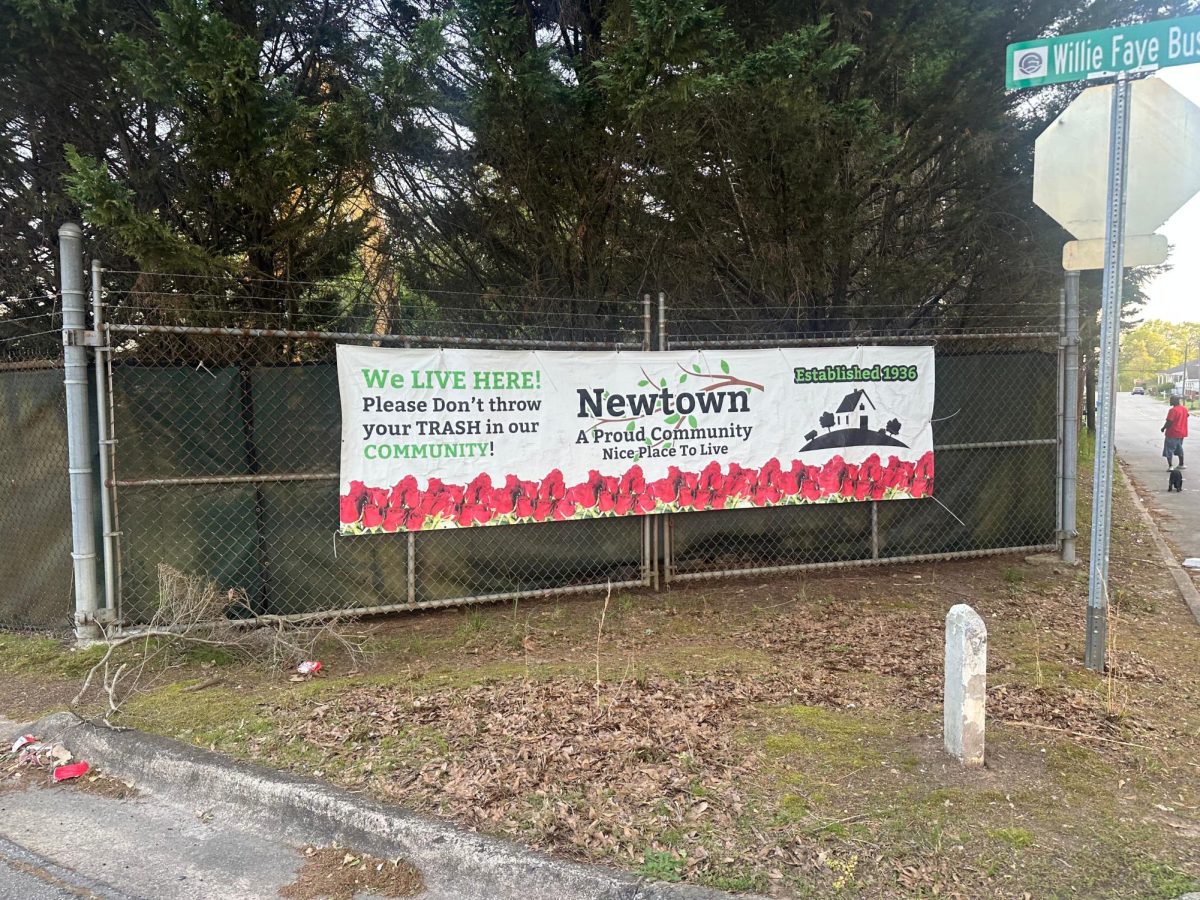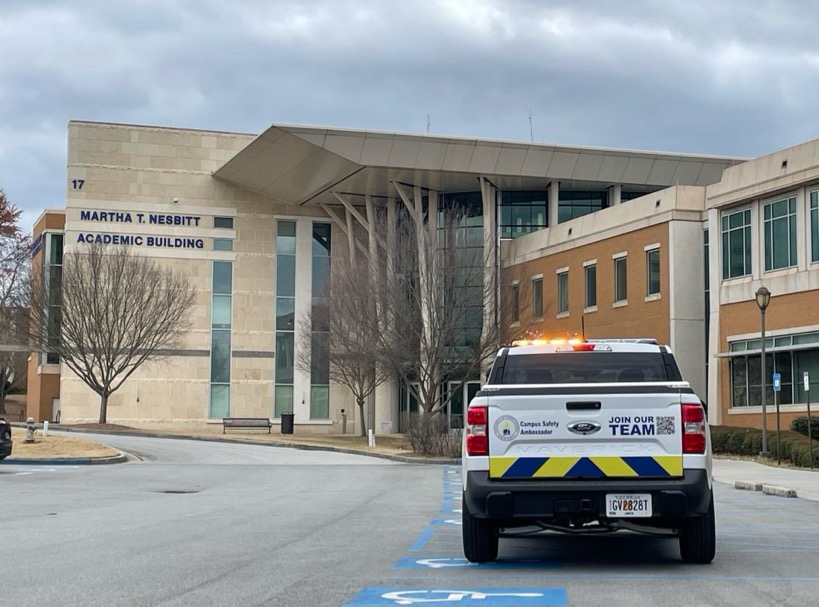The Linwood Nature Preserve was established in 2001 and stands as a testament to the collaborative efforts of the Gainesville Parks and Recreation, the Georgia Department of Natural Resources and the Trust for Public Land. This protected area serves as a haven for native flora and fauna, with a focus on preserving biodiversity and restoring habitats. By establishing native plant nurseries and engaging in propagation efforts, the project contributes to the restoration of native habitats in Hall County – one of the seven fastest growing areas in the United States.
Margaret and Tom Rasmussen serve as Executive Directors of the Redbud Project which is headquartered in Linwood Ecology Center at Linwood Nature Preserve. “Nature has long been understood to play a significant and meaningful role in development and growth of healthy cities,” the Rasmussen’s said. Recognizing the vital role of native plants in maintaining healthy ecosystems, the Redbud Project promotes their use in landscaping and raises awareness about their benefits.
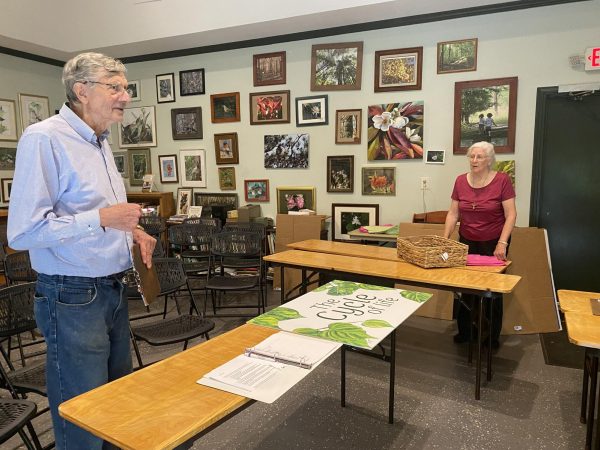
“Over two million years ago, upheaval of the earth’s tectonic plates and push of northern glaciers deposited seeds and spores of native plant species into the Gainesville Ridges from the four northern zones of Appalachia, Blue Ridge, Ridges and Valleys and Upper Piedmont,” Margaret said. “Species with DNA compatible with climate, soil, hydrology and terrain of the Hall County region have survived and thrived for hundreds of centuries, giving the region a truly unique ecosystem.”
She explained that natural habitats of native plants cut off the carbon dioxide of air pollution and return to the atmosphere as oxygen for humans to breathe.
“Air pollution is intimately tied to population growth and urban development poses a major threat to human health in our Hall County communities,” Margaret said. The use of green infrastructure in “hot spots” of pollution can help resolve this problem.
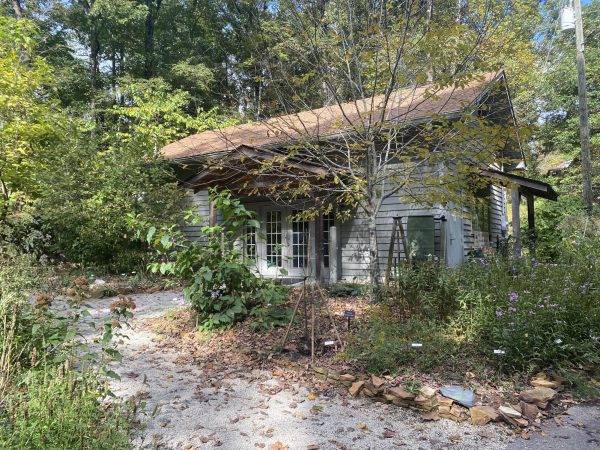
The Redbud Project encourages municipality leaders throughout Hall County to endorse Air Quality Drive-Through Landscapes in all new and reconstructed drive-through facilities. These landscapes are designed to hold on-site particulate matter and gaseous emissions generated by the vehicles of customers. Understory deciduous and evergreen trees, shrubs and perennial ground covers that can withstand harsh urban conditions hold pollutants out of the atmosphere and filter them into the ground before they reach streams, rivers and lakes.
Stormwater pollution has recently been declared to be the number one water quality problem in the United States by the U.S. Environmental Protection Agency.
“The leveling of hills and valleys for construction across Hall County demands that we promote green infrastructure methods for development,” Tom said.
The Redbud Project’s model rain gardens at Linwood Nature Preserve are constructed to demonstrate the merits of replacing residential lawns with trees and shrubs. Commercial detention ponds with bio-retention areas help to minimize pressure on stormwater systems and filter pollutants into the ground before they reach water resources.
The Redbud Project is partnering with Habitat for Humanity to develop low-maintenance, native plant landscapes for seven new homes under construction in the Copper Glen subdivision.
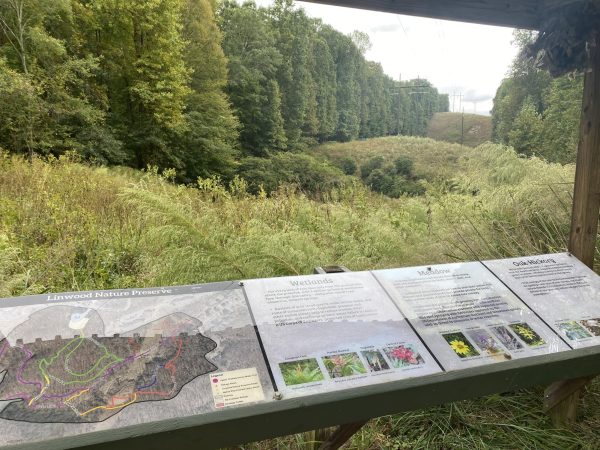
Woodlands that surround this Habitat for Humanity community are a potential site to develop a nature health and wellness trail.
The Linwood Nature Preserve and the Redbud Project have forged a strong partnership with the Hall County Government. By prioritizing the protection of natural areas, native plant communities and wildlife habitats, they shape legislation that promotes conservation and sustainable land management practices.
Education and outreach are integral components of conservation efforts. Workshops, field trips and community engagement activities are organized to inspire individuals to actively participate in conservation efforts and become environmental stewards.
Looking ahead, the Linwood Nature Preserve and The Redbud Project are working to expand their initiatives, strengthen collaborations with stakeholders and the long-term preservation of Hall County’s natural heritage.













